At a Zoom meeting last week, the presenter, to break the proverbial ice, asked what we liked best about working from home. The responses were not surprising–not having to get dressed, no commute, time with family. I added something similar. But what I should have done is acknowledged my privilege and said “the fact that I can.”
I have remained largely silent these past two weeks–at least publicly. It would be easy to justify or at least rationalize my silence and say that I was digesting, thinking, absorbing, grieving. But the time for justifications or rationalizations must be over. The time for silence must end. What my one voice can add to the vital dialogue we must all have about race I cannot be certain. But I know I have to say something.
Nadine Gordimer wrote that “[w]riting is making sense of life”; but all the writing in the world is never going to render sensible this pain. The fact that any person has to state that their life matters, that their lives are worth just as much as anyone else’s is nothing short of gut-wrenching, and it should give us all enormous pause.
But after the pause must be action. Difficult conversations must be endured. Reckonings must be faced. Complicity must be acknowledged.
And all of this requires a bravery we are capable of but so often disinclined to call upon.
Life in this country is different for people of color. My life would have been different had I not been born white. I know what it’s like every once in a while to not be heard, to not be understood. I cannot begin to conceive how I would function if this were my constant state of being. And I also know enough about human nature to know that being treated as less than, believing you don’t have a voice leads to sad if not tragic consequences.
If your best friend or child or parent or colleague confided in you that they were in a relationship in which they felt invalidated, disrespected, as though they didn’t matter, you would tell them they do matter. You would do everything in your power to show them. You wouldn’t even question.
Black lives matter because they do. The fact that it has to be said shows the extent of the work we need to do–as a nation and as human beings.
We are capable of the most incredible feats of physical prowess, of intellectual daring, of enlightenment and empathy, of gentleness and hope.
The work involved in recognizing your worth in this imperfect world is messy, not remotely linear, colossally inconvenient, and rife with pain and sometimes loss.
We are capable of doing so much better.
The question is are we finally willing?

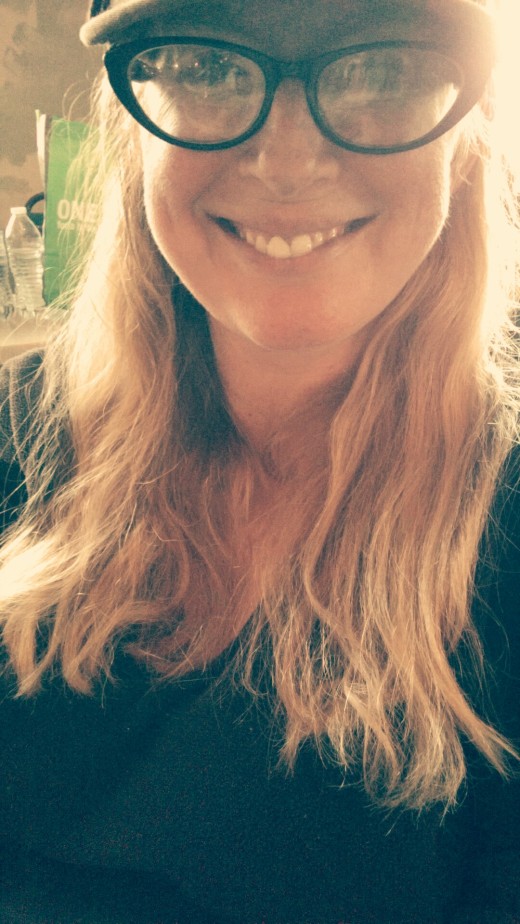
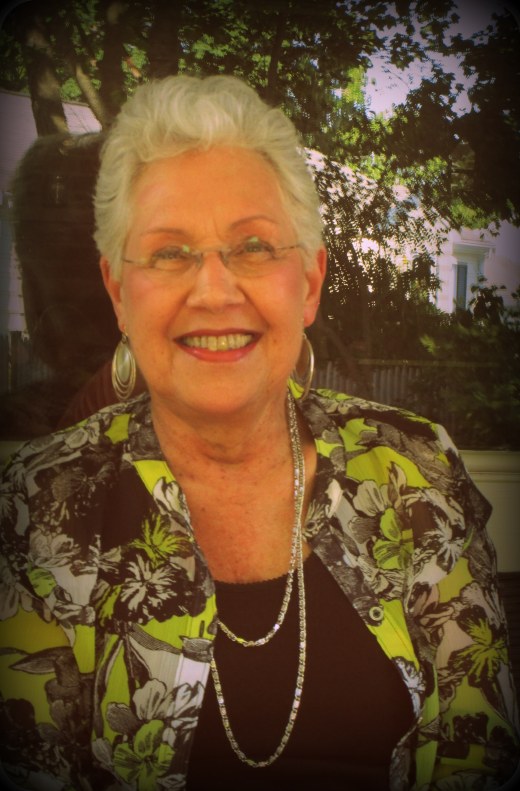 She had asked me long ago to write this, long before the thought that it would be imminently necessary, amidst practical reminders from her that, of course, one day it would be necessary.
She had asked me long ago to write this, long before the thought that it would be imminently necessary, amidst practical reminders from her that, of course, one day it would be necessary. 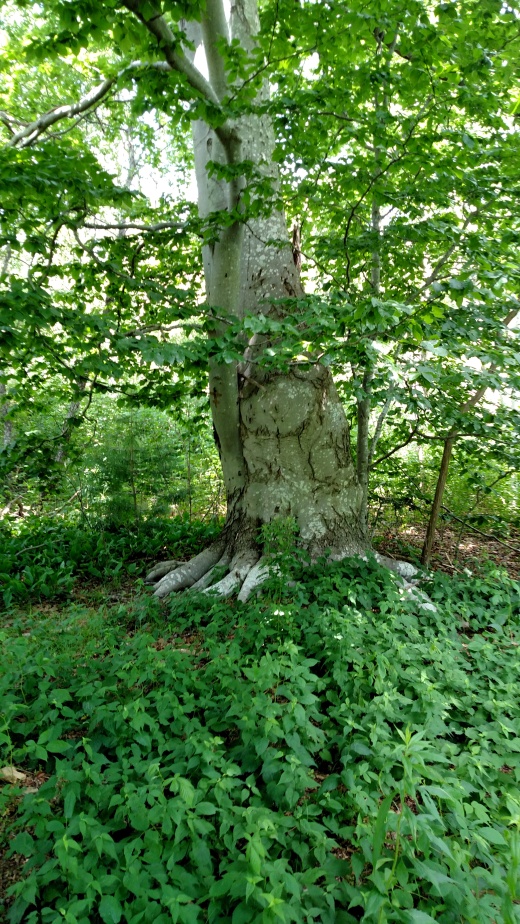

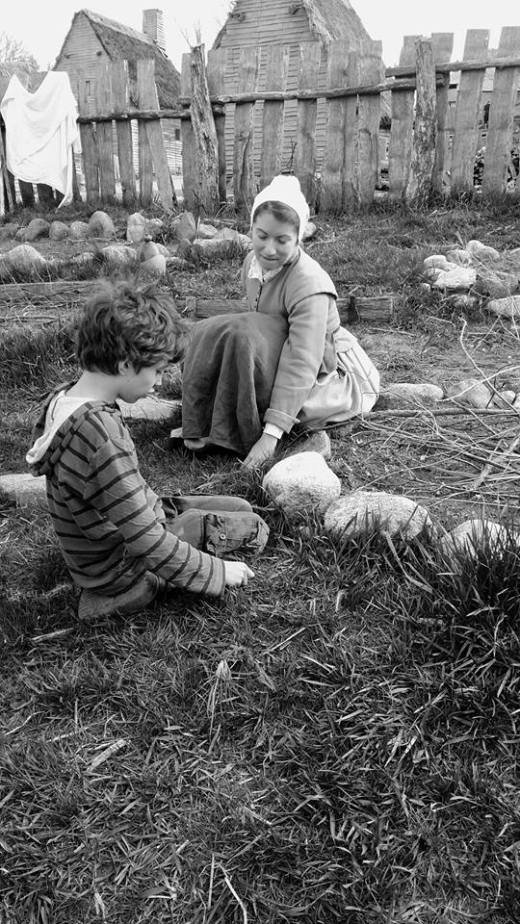
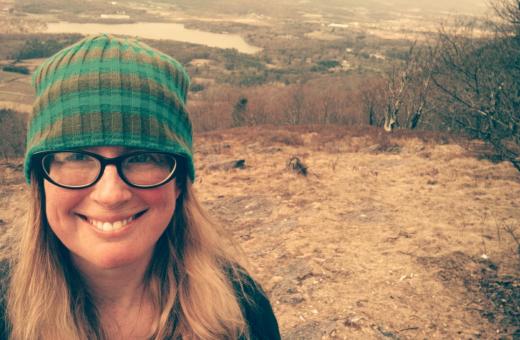 Three weeks ago today, for the first time, I climbed a mountain–a small mountain, but a mountain nonetheless. The boundless metaphors I encountered on that journey paled in comparison to that moment in the car, driving forward and back to my family, when I realized I had done something I never before thought possible and that there actually and still resides within me a strength sufficient to keep climbing and now to start writing.
Three weeks ago today, for the first time, I climbed a mountain–a small mountain, but a mountain nonetheless. The boundless metaphors I encountered on that journey paled in comparison to that moment in the car, driving forward and back to my family, when I realized I had done something I never before thought possible and that there actually and still resides within me a strength sufficient to keep climbing and now to start writing.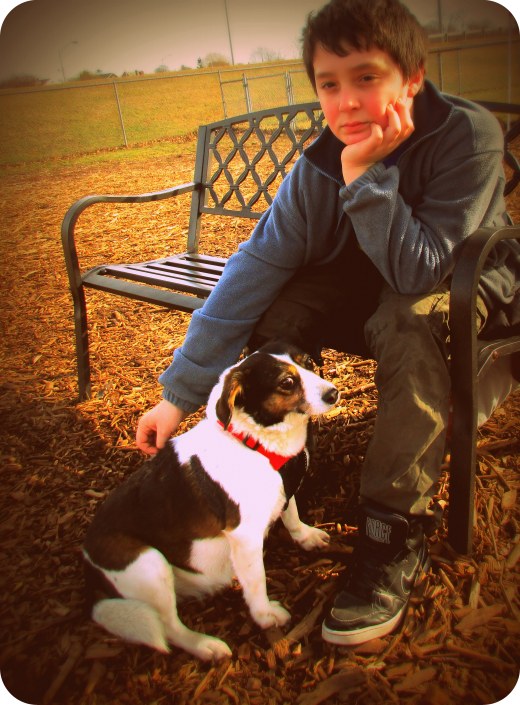
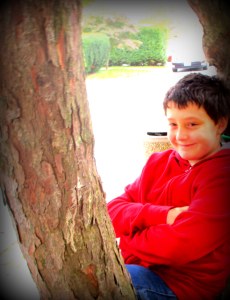 “So, you’re Oscar’s mom?”
“So, you’re Oscar’s mom?”